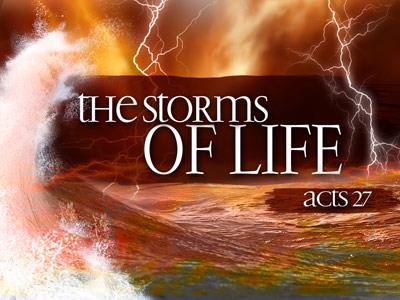-
Jesus' Last Visit To The Temple
Contributed by James May on Apr 6, 2023 (message contributor)
Summary: There is no doubt that Jesus' last temple visit was less than positive. It had become a den of thieves. However after he cleansed that temple it once again became a House of Prayer.
After the Triumphal Entry of Jesus through the Eastern Gate, the scripture records that he then left the city of Jerusalem and went to stay the night at the home of his friends, Mary, Martha and Lazarus. Then the next morning he set out once again to go to Jerusalem, about 2 miles away. It was the time of the most Holy week of Israel called Feast of Passover and the population of the city had increased greatly so that there were overflowing crowds everywhere in the streets and shops, and even in the outer courts of the temple.
Many who came were preparing for the Passover celebration and the sacrifice of the Paschal Lamb in the temple on the final day of the feast, and likewise, every family, which was considered a “community” within Israel, was obliged to slay its own Paschal Lamb to symbolize being part of the whole of the nation of Israel.
As Jesus and the disciples came to the temple court, some say it was the court of the Gentiles which was the only place for gentiles to worship, and others say it was Solomon’s Porch. Either way they found themselves in the midst of an overflowing crowd of pilgrims who had traveled from all over the known world, for people had come for the great convocation as God had commanded.
Entering the Temple court, Jesus saw the money changers sitting at their tables stacked with money and coins of all descriptions. Right next, or very nearby were merchants who were selling animals to be offered for sacrifice.
Most of the pilgrims were Jews who came from hometowns and provinces outside of Jerusalem carried coins from their own home and most of their money bore the images of Roman emperors or Greek gods. Of course the priests and guards of the “Holy Temple” could never accept this money with idolatrous images on it. That would desecrate the temple and possibly bring down the wrath of God! That money had to be exchanged for money that was acceptable in the temple.
The High Priest, Caiaphas, had ordered that only Tyrian shekels would be accepted for the annual half-shekel Temple tax. Of course the exchange rate was arbitrary according to what the changers chose because all coins from other places weren’t valued the same, and the Tyrian Shekels contained a higher percentage of silver, making them the more valuable.
The money changers “business” was to exchange ungodly, idolatrous and unacceptable coins for these Tyrian shekels, and in the course of the exchange they took a percentage of the exchange value for themselves. As you can imagine, their percentage was often more than the law allowed, but who was going to know?
The people who came to exchange their money had no choice but to do so, whatever the cost. Each one had to pay the temple tax in order to submit their lamb to the priests for approval and processing in order to observe the Passover.
And even though many had brought their own lamb from home, those lambs had to be examined for blemishes, and of course, in order for the priests, money changers and merchants to each make a profit, most lambs were declared unworthy. This forced the people to go back and exchange more money in order to buy a “worthy sacrifice” to bring to the priests for approval. It was all a racket; an extortion ring, created to make everyone rich at the expense of those who had no choice but to put up with it if they wanted to obey the Law of Moses and partake in the Passover Feast.
It is no wonder that when Jesus entered into this court and saw what was happening, knowing the thievery, trickery, unjust charges and corruption, he was filled with anger at how this desecrated the holy place of the temple and went against every law of the commandments.
He took some cords, leather straps or pieces of rope and wove them into a small whip. Then He went from table to table, knocking over the tables of the money changers, and spilling coins all over the ground. You can imagine the scene as the crowds scrambled to pick up the loose coins everywhere, and the fighting of the money changers as they tried to retrieve their profits! They lost a lot of money I’m sure.
He drove the exchangers out of the area, and then went after the merchants who sold the lambs, pigeons and cattle. Their whole corrupt system was destroyed and the court was closed down forcing everyone to go in another way, where they wouldn’t be trapped in this circle of extortion and theft.
As he cleansed the Temple of greed and profit, Jesus quoted from Isaiah 56:7 and declared in Matthew 21:13, It is written, “My house shall be called the house of prayer; but ye have made it a den of thieves. “

 Sermon Central
Sermon Central



